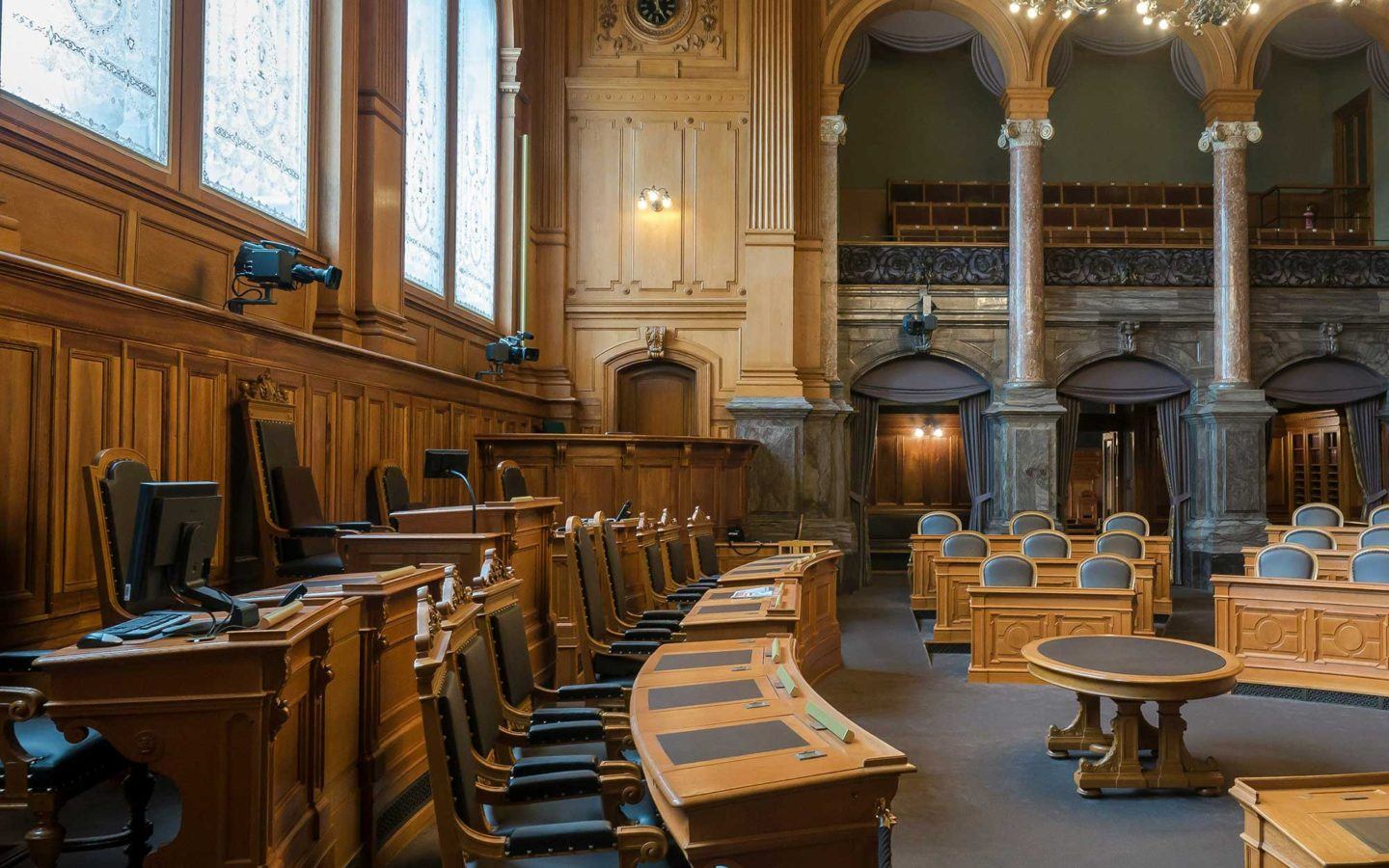
What We Do
The idea of a jury, comprised of ordinary citizens from diverse walks of life, is a testament to the democratic spirit that underpins our society. However, as society evolves and our understanding of human behavior deepens, it is imperative that our court system keeps pace with these changes. The integration of jury research and scholarly interest into the judicial process represents an invaluable opportunity to enhance the fairness, efficacy, and transparency of our legal system.
The jury, often dubbed the “conscience of the community,” is entrusted with the weighty responsibility of determining the outcome of cases. And as much as researchers can contribute to the legal process, the court system and juries can provide invaluable material for scholars to investigate. Real-world trials, with their complexities and nuances, offer fertile ground for academic exploration. Scholars, driven by curiosity and the desire to enhance the judicial process, can delve into the intricacies of jury dynamics, trial strategies, and the impact of legal procedures on juror decision-making.
Furthermore, the intersection of scholarly interest and the court system fosters transparency and accountability. As scholars conduct research about the legal process, they act as a check and balance, ensuring that justice is not only done but also seen to be done. Their analysis of legal procedures, precedents, and outcomes based on data can uncover systemic flaws and injustices, spurring necessary reforms.
In an era of rapid technological advancement and evolving societal norms, the legal system must adapt to remain the most effective pillar of government. Scholarly research provides the essential tools to navigate this ever-changing landscape. By harnessing the collective wisdom of researchers and practitioners, we can aspire to a judicial system that is fairer for all.